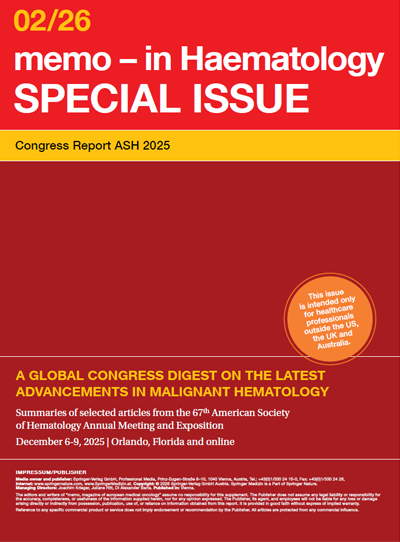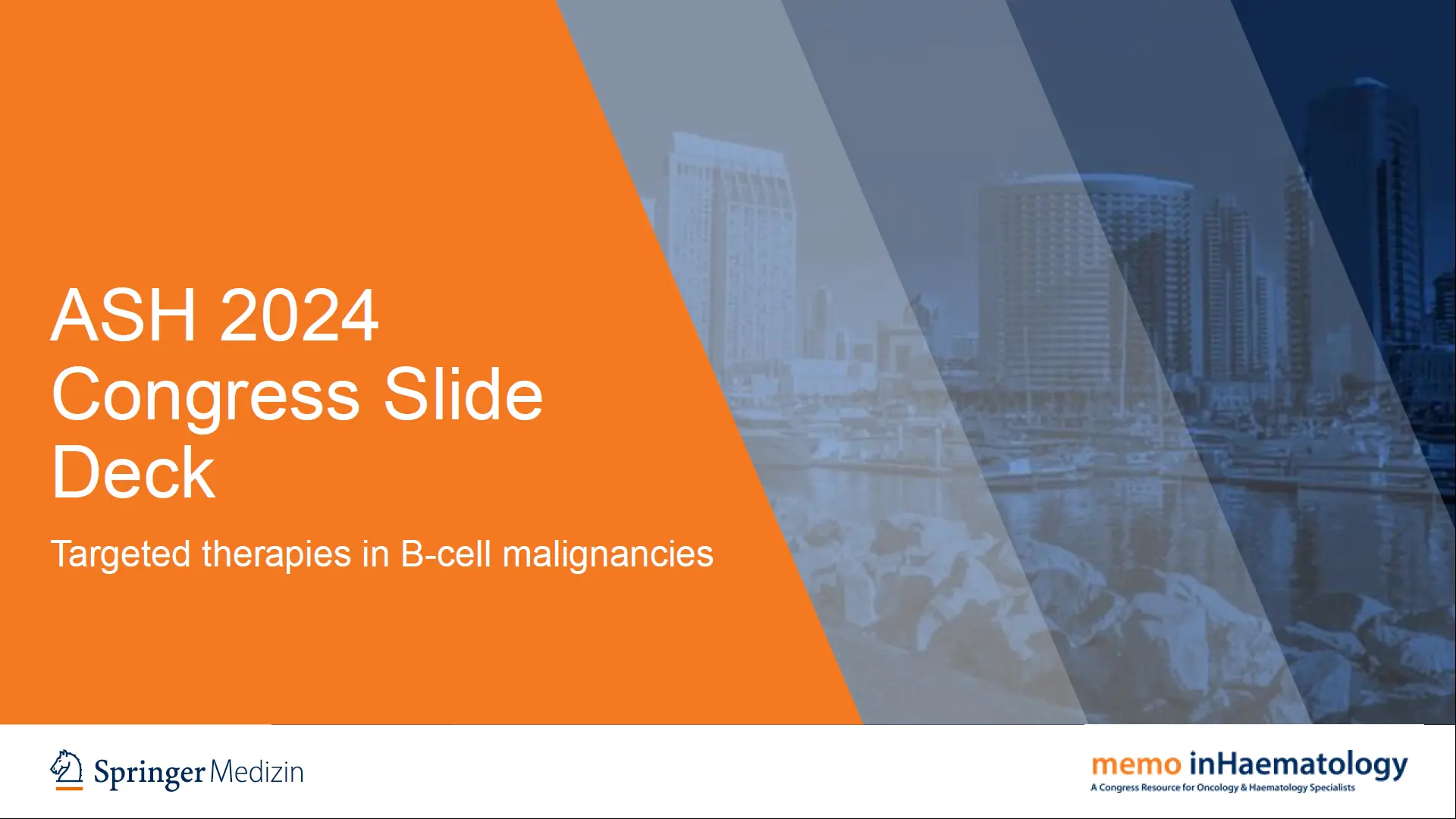OUR LATEST LINKEDIN UPDATES
LATEST RESOURCES FOR DOWNLOAD
LATEST EXPERT VIDEOS
Jorge Castillo discusses the relative efficacy and safety of BTK inhibitors with or without BCL2 inhibitors in Waldenström’s macroglobulinemia (WM), highlights important prognostic molecular markers in untreated patients, and reveals new insights into the biology of the disease. He also explores novel therapeutic targets that may shape the future of WM treatment.




